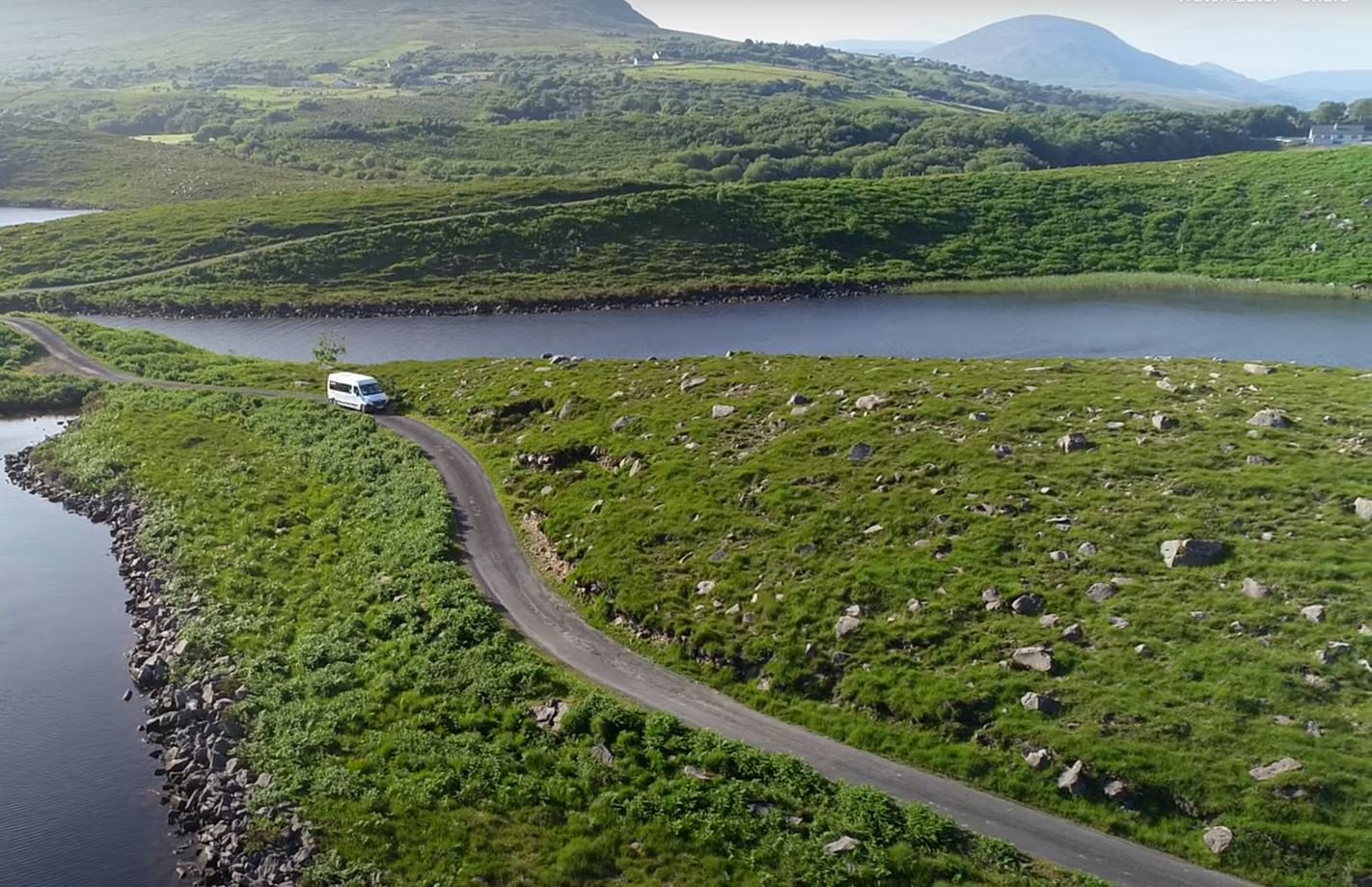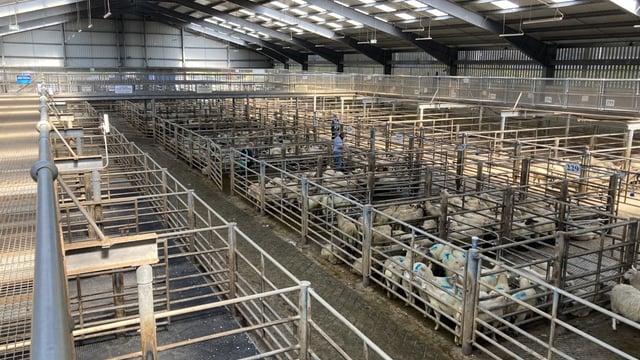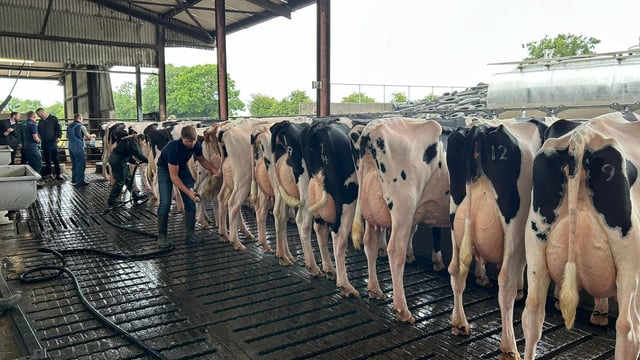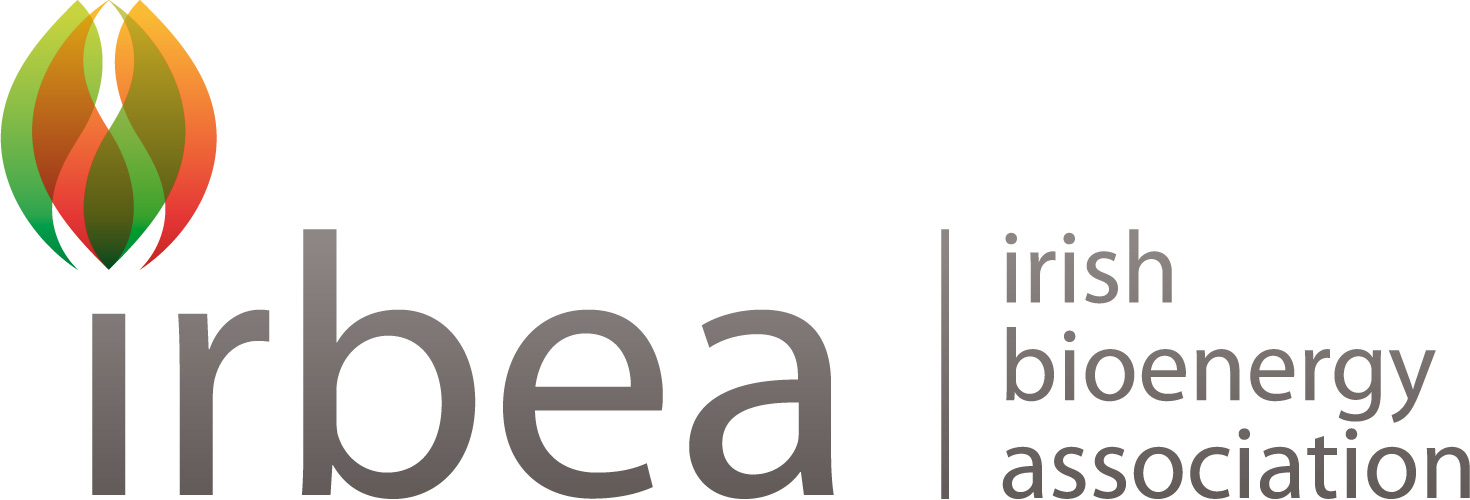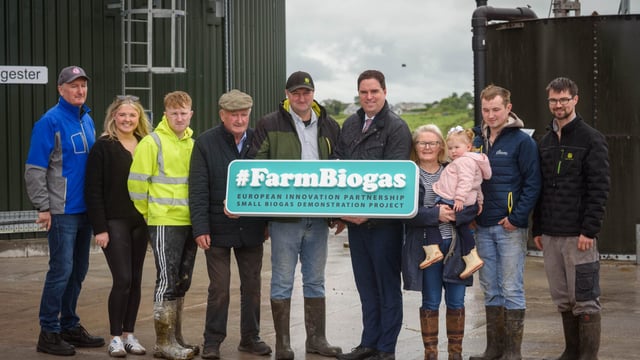IRL calls for Farm Assist payment increase in budget
Irish Rural Link (IRL) is calling on the government to increase the Farm Assist payment by a minimum €20 per week in Budget 2025.
The national network representing the interest of rural communities said that Farm Assist "remains an important payment for many farming households across the country".
It said that the payment helps to reduce poverty and also to participate in the Rural Social Scheme (RSS).
In the group's pre-budget submission it said that the current Farm Assist rate of €232/week must be increased in line with other core social welfare payments to "provide an adequate income for people in receipt of welfare payments"
IRL said that the means testing process for Farm Assist is "still off-putting for many farmers to apply for the payment even though they may be eligible".
"This means they lose out in being eligible to participate on RSS," it added.
IRL is among 60 representative groups attending the Department of Social Protection pre-budget forum today (Thursday, July 11) in Dublin Castle.
The event offers an opportunity for non-governmental organisation (NGOs), trade union and business representatives to discuss policy issues and present their priorities for the upcoming budget.
Ahead of the event, IRL said that the government must use the €8.3 billion budget package to invest in "lifting people out of poverty".
Along with the social welfare system, the group said that there needs to be funding for public transport, childcare, and supports for low-income households to transition to greener energy.
"At present, there is little or no choice for people in rural areas when it comes to public transport and this excludes marginalised and vulnerable groups further from fully participating in society," it said.
IRL, which has a membership of nearly 600 rural community groups, is calling for no further increase in fuel excise duty in Budget 2025, along with a reinstatement of the €5,000 grant for electric vehicles.
"We know that households on low income in rural areas have higher living cost than their peer urban households, mainly due to higher transport costs.
"Households in rural areas need a car, and in most cases two cars," the group said.
IRL said that agri-environmental schemes must be designed in a way to make it worthwhile for farmers to participate.
"Listening to farmers on the ground and working them will be key to helping farmers make the changes that are needed," the group said.
The pre-budget submission said that schemes should be supported to encourage the development and deployment of on-farm anaerobic digestion (AD) for production of biomethane.
It added that carbon credits should be provided for the restoration of peatland and wetland that cannot be used efficiently for farming.


